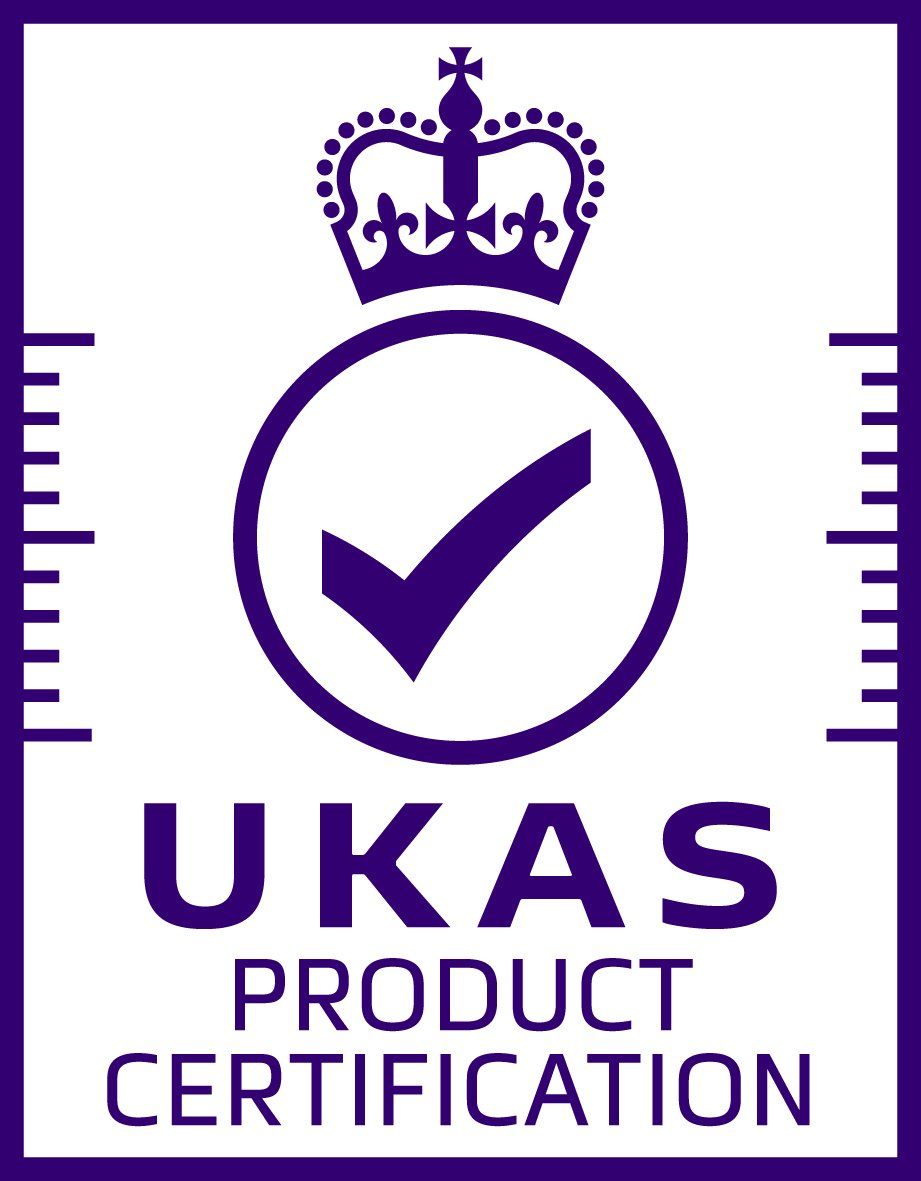User & Carer Experience
Standards module
v4.1
Over the past few years, numerous policy documents and initiatives have sought to highlight the importance of user and carer involvement.
The delivery of person-centred care can only really be achieved when service users and their representatives have ‘a voice’ and are able to influence the way in which priorities and services are planned, designed, delivered and evaluated - this includes making decisions about their own care.
Such involvement generally means that people are happier and more satisfied with services, that they are more likely to be persuaded that a particular service offers value for money and that they are more likely to accept changes in provision.
Feedback should be welcomed as a means through which the quality of services can be assessed.
It is also important to note that positive feedback from users can be just as valuable as negative. When complimentary feedback is received, service providers should be asking what is in place thatmakes that experience good, and how can it be replicated?
Learn more about the User & Care Experience module
Key outcomes
- Every service user will be involved and supported to make choices in the service they receive.
- The culture of learning from service user and carer experience will be embedded in service delivery, at every level
- Service users and their representatives will be consulted and involved in service development and redesign
- Information about services will be widely available and accessible to all, to support informed decision making
Audit process
The Audit Process will seek robust evidence that the key outcomes have been met.
As a minimum, TEC Quality certified organisations must:
- Seek Customer/Service User views on all aspects of service delivery, e.g. quality, timeliness of response, helpfulness of staff and provide examples of where user feedback, or experiences have directly influenced service delivery.
- Have an accessible Complaints Management Policy and Procedure, that makes clear who to complain to, what to expect and how to appeal in the case of dissatisfaction with the outcomes.
- Analyse complaints to identify trends, developing action plans to address areas of concern. Note: The definition of a complaint, shall include any 'Concerns', 'Informal Complaints, or 'Technical Faults' that are reported.
- ** Provide evidence that service users are fully involved in decision making at every step of the process, from referral to response.
- Where services are supported by a customer service team, this function shall be considered part of the service and shall be managed and monitored (including call handling performance and quality) with documented key performance indicators, which are in line with contractual requirements, to ensure that it contributes to an effective service delivery.
** Note: This will only apply where there is direct contact with the service user.
Evidence might include
- Consent Policy
- Complaints Management Policy
- Complaints Action Log
- Compliments Log
- Annual Survey results and analysis
- User and Carer Group Terms of Reference
- Equality and Diversity Policy
- Advocacy Policy
- Minutes of meetings with User and Carer Groups
- Documented examples of user involvement and choice in their care
“Technology Enabled Care Services (TECS) have a key role to play in maintaining independence and protecting people from harm. They should complement traditional support and not replace human contact. It is essential that services should be tailored to the individual and that when considering appropriate telecare/telehealth, the risks of the person coming to harm should be balanced against their right to autonomy.”
Madeleine Starr, MBE, Carers UK
Interested in QSF? We’re here to help!


